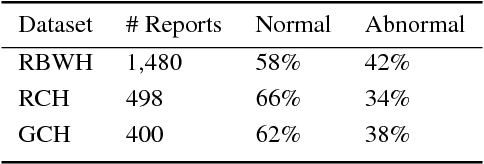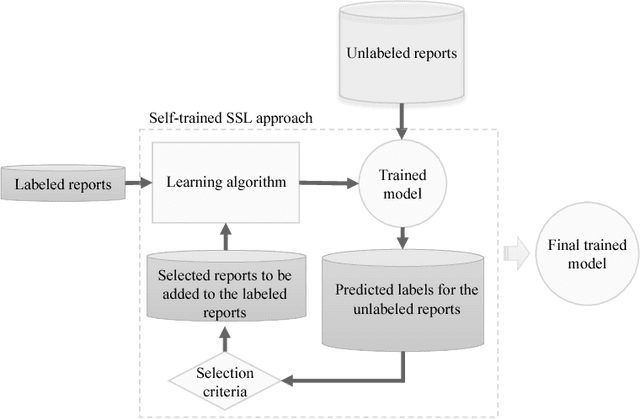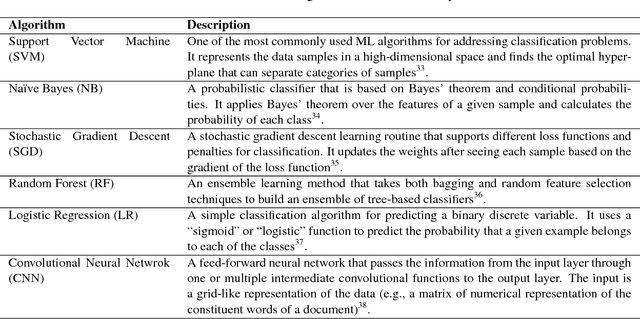Kevin Chu
Neutralizing the Narrative: AI-Powered Debiasing of Online News Articles
Apr 04, 2025



Abstract:Bias in news reporting significantly impacts public perception, particularly regarding crime, politics, and societal issues. Traditional bias detection methods, predominantly reliant on human moderation, suffer from subjective interpretations and scalability constraints. Here, we introduce an AI-driven framework leveraging advanced large language models (LLMs), specifically GPT-4o, GPT-4o Mini, Gemini Pro, Gemini Flash, Llama 8B, and Llama 3B, to systematically identify and mitigate biases in news articles. To this end, we collect an extensive dataset consisting of over 30,000 crime-related articles from five politically diverse news sources spanning a decade (2013-2023). Our approach employs a two-stage methodology: (1) bias detection, where each LLM scores and justifies biased content at the paragraph level, validated through human evaluation for ground truth establishment, and (2) iterative debiasing using GPT-4o Mini, verified by both automated reassessment and human reviewers. Empirical results indicate GPT-4o Mini's superior accuracy in bias detection and effectiveness in debiasing. Furthermore, our analysis reveals temporal and geographical variations in media bias correlating with socio-political dynamics and real-world events. This study contributes to scalable computational methodologies for bias mitigation, promoting fairness and accountability in news reporting.
Clinical Document Classification Using Labeled and Unlabeled Data Across Hospitals
Dec 04, 2018



Abstract:Reviewing radiology reports in emergency departments is an essential but laborious task. Timely follow-up of patients with abnormal cases in their radiology reports may dramatically affect the patient's outcome, especially if they have been discharged with a different initial diagnosis. Machine learning approaches have been devised to expedite the process and detect the cases that demand instant follow up. However, these approaches require a large amount of labeled data to train reliable predictive models. Preparing such a large dataset, which needs to be manually annotated by health professionals, is costly and time-consuming. This paper investigates a semi-supervised learning framework for radiology report classification across three hospitals. The main goal is to leverage clinical unlabeled data in order to augment the learning process where limited labeled data is available. To further improve the classification performance, we also integrate a transfer learning technique into the semi-supervised learning pipeline . Our experimental findings show that (1) convolutional neural networks (CNNs), while being independent of any problem-specific feature engineering, achieve significantly higher effectiveness compared to conventional supervised learning approaches, (2) leveraging unlabeled data in training a CNN-based classifier reduces the dependency on labeled data by more than 50% to reach the same performance of a fully supervised CNN, and (3) transferring the knowledge gained from available labeled data in an external source hospital significantly improves the performance of a semi-supervised CNN model over their fully supervised counterparts in a target hospital.
 Add to Chrome
Add to Chrome Add to Firefox
Add to Firefox Add to Edge
Add to Edge